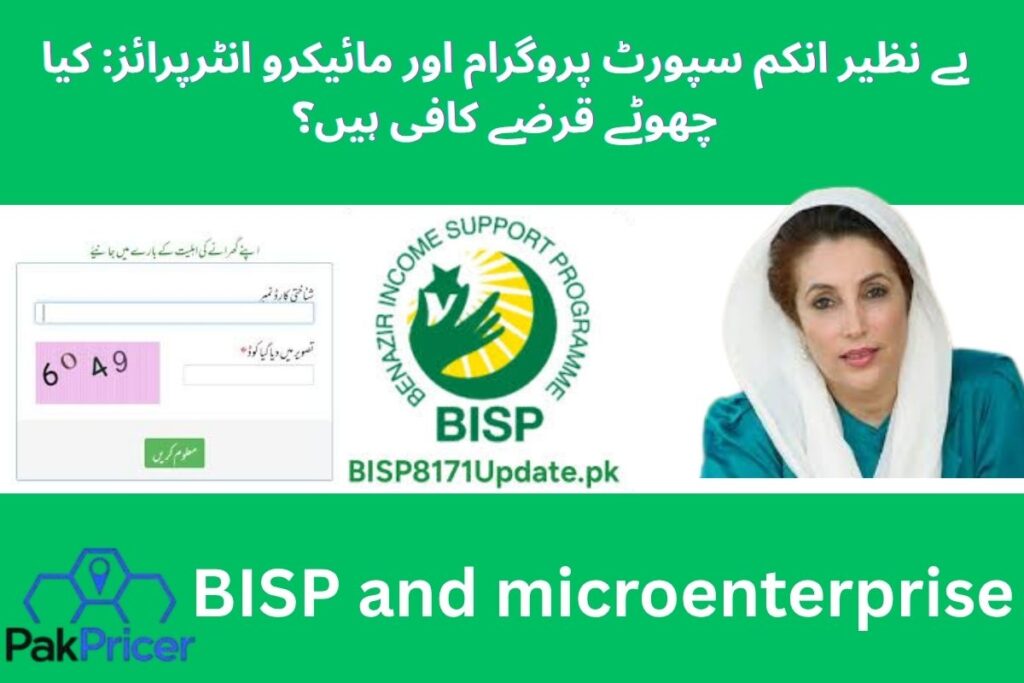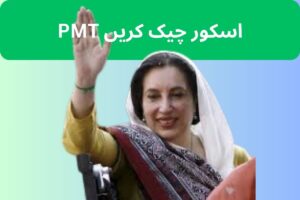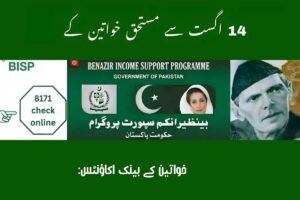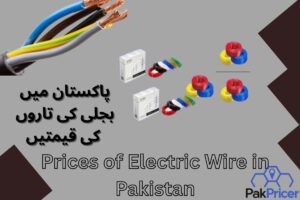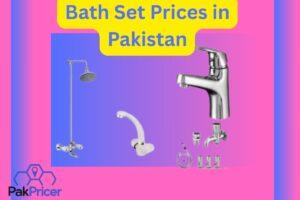The Pakistan Peoples Party’s (PPP) Benazir Income Support Programme (BISP) has for long been a vital source of sustenance for poor families. BISP under its poverty alleviation efforts launched Waseela-e-Haq loan in the hopes of enabling the impoverished families, particularly women, to start their businesses.
But a question looms: Do such microloans provide the type of support people need to make significant, lasting changes?
Understanding Waseela-e-Haq
Waseela-e-Haq is a loan scheme that aims to benefit the BISP beneficiaries and is launched to help the people, especially the women, start and sustain small scale businesses and become self-sufficient. The interest-free loans average 300,000 Pakistani Rupees, and are paid with repayments that are spread over years and that suit the family budget. This program is mostly to help women run businesses from home or the community.
What Can You Do with a Small Loan?
a microloan can be the stepping stone to:.
Opening a small convenience store
Starting a home tailoring or embroidery service
Conducting a food truck to sell snacks, fruits, or vegetables
Buying the tools to run a simple workshop
Opening a home-based catering or food delivery company
Good for getting little businesses off the ground, these loans can be insufficient for longer term, larger scale enterprises such as acquiring more equipment, stock, or even employees. Many recipients will eventually require additional funding in order to expand.
Real-Life Success Stories
Despite the obstacles, there are impressive succeeders, many women turned their microloans into a business. Some started sewing clothes at home and became self-sufficient, while others opened small kiosks or beauty salons, and created a client base as time passed. These stories show that with determination, a base set of skills and low initial financial support, even small loans can alter a family’s future.
When Microloans Fall Short
Success stories aside, not all businesses flourish. There are a number of obstacles that prevent these endeavors from doing well:
Small Loan Size: In high-cost urban areas the small loan may only finance start-up needs, rather than helping to maintain or grow the existing business.
They Don’t Know Business: Many are unable to complete fundamental business activities such as selling, budgeting, and building a customer base. And, left to their own devices, they may even have trouble effectively running the business.
Misappropriation of Funds Some borrowers may allocate of the loan to immediate personal use such as school fees, medical bills and the like instead of for business purposes.
Debt Aversion: Although the loans are interest-free, the idea of owing money could be daunting for people who live paycheck to paycheck, making the funds less likely for them to use.
Challenges with Loan Repayment
It can be hard to pay that money back, particularly if your income is erratic or an emergency unexpectedly hits. Not all borrowers are chronically delinquent, by any means; some just miss payments due to the variability of life. Also, misunderstanding repayment procedures or lack of guidance frequently result in confusion and default.
Support and Training Are Critical
A loan is not a panacea to success. Many recipients need training and continued support to gain a foothold in business. Main lines of resistance can be:
Learning how to budget effectively
Knowing how to organise the flow of earnings and spending
Developing a solid business plan
Accessing mentorship from experienced entrepreneurs
Joining support group from peers for accountability
The more successful programs have provided both a stipend and training.
Ensuring Long-Term Survival of Microenterprises
Indeed, for these sorts of businesses to be sustained past the startup phase there are some things that have to be true:
What Helps Businesses Thrive?
A specific business concept and solid plan
Raw materials and markets
Basic training or experience
Staff support and aftercare
A predictable economic environment of stable demand
With these ingredients in place, a microloan doesn’t just provide monetary help; it becomes a pathway to lasting success.
Practical Steps for Borrowers
If you’re thinking of applying for a microloan, follow this road map to increase your chances of success:
1) Make sure your business idea is practical and inexpensive
Determine projected costs and revenues
Do not use the loan for personal or family purposes
For any available training, make the most of it
Consult those successful in the program
wherever possible, stick to a repayment plan
Suggestions for Policymakers
Though the Waseela-e-Haq scheme is a welcome move, it can be further refined. There is the possibility of improving outcomes through better program and policy design by:
Providing follow-on loans to borrowers who successfully expand their businesses
size\) Upfront Premium ê STERLING BUILDERS, INC. SUSPENSION OF MPS IN HIGH-COST AREAS > $625,500 Facilitating Reinvestment LENDERS: THRESHOLD $425,000 $625,500 (+$194,000 max.
Offering free training prior to granting loans
Bringing together borrowers with mentors or local business communities
Facilitating borrowers’ access to markets and raw materials
Watching inflation and lending climate changes
FAQs
Where to apply for BISP Waseela-e-Haq loan?
Application is only being accepted from BISP beneficiaries. Women from low-income homes seeking to start a small business are given preference.
Will I have to pay the interest on BISP loan?
No sir, the Waseela-e-Haq is interest free loan. The payback is nothing more than the money borrowed being paid back a little bit at a time.
What if my business goes belly up and I can’t pay off the loan?
If you know you can’t pay it back, you need to contact the loan office as soon as possible. They could grant adjustable payback terms or add extra help.
Final Thoughts
Can small loans really break the cycle of poverty? In a lot of cases, they can be — with the right help. A microloan can start a person on a journey, but training, guidance and encouragement enable that journey to continue. With more resource and thought, projects like Waseela-e-Haq can flourish businesses, and people’s lives, too.
